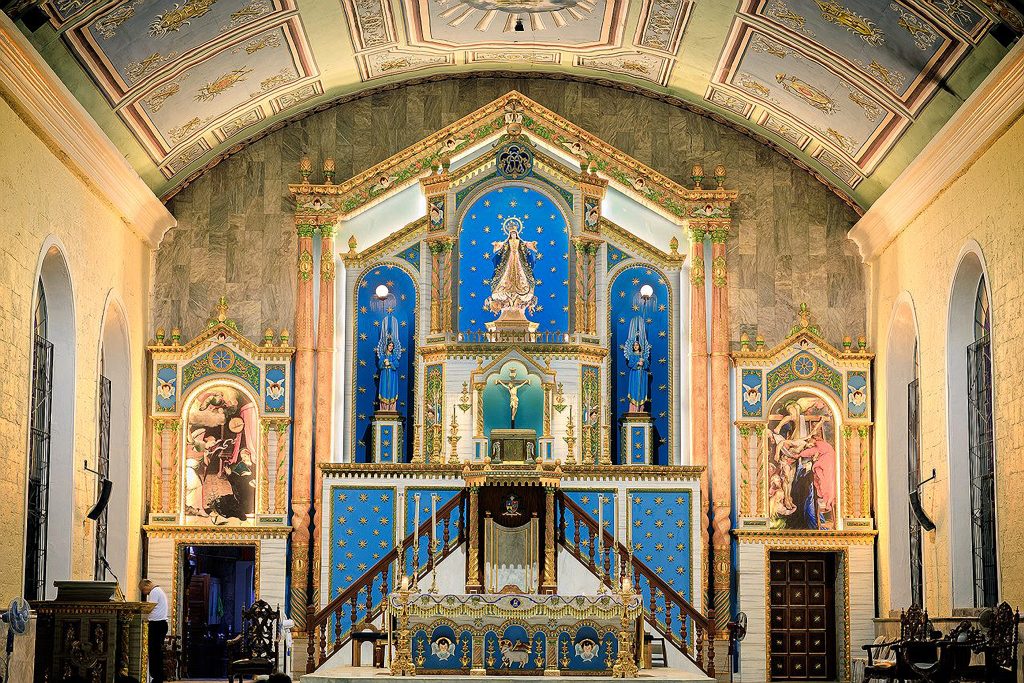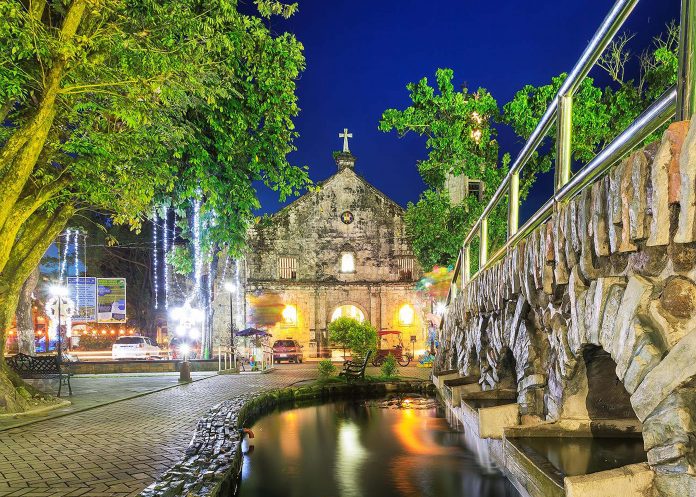With 738,000 Catholics out of a total population of 829,000 and 86 priests in 42 parishes as of 2016, the Diocese of Maasin in Southern Leyte province in central Philippines is a small one compared to other dioceses in the country.
But it has been suddenly thrust into the spotlight by a commendation from no less than the Vatican for an outstanding achievement: it is the first diocese in the entire Catholic Church to fully adopt solar energy since 2018.
The commendation was contained in a 200-page document released last month titled “Journeying for the care of the common home – five years after Laudato Si’.”
Apparently encouraged by the Vatican’s endorsement, the Maasin diocese is now gearing up to install more solar panels and thus expand its renewable energy resources.
An earlier LiCAS.news report quoted Bishop Precioso Cantillas as saying that the diocese has saved more than 100,000 pesos in electricity bills per month because of the solar panels in the cathedral and school buildings alone.
The prelate also expressed hope that more dioceses will adopt the use of renewable energy “so that God’s creation will be restored even just in a little degree.”
“We hope that more dioceses will adopt this alternative power sources to continue Christ’s mission of restoring all things back to how the Father has willed it,” he said.
As the Church pushes for fossil fuel divestment, many dioceses and Catholic institutions support the calls with practical initiatives by increasing renewable energy use.
As of September 2019, around 40 of the country’s 85 archdioceses and dioceses have already started the process of installing solar panels.
The installation of solar panels in 42 Maasin parishes was undertaken by WeGen, a next generation energy-tech business.
According to WeGen, the Maasin diocese was not only able to cut their power cost, but also to demonstrate that care for our common home, as embodied in Pope Francis’ ‘Laudato Si’ is possible with for as long as communities are able to work together.
The Vatican document also cited the renewable energy advocacy of the Episcopal Commission on the Laity of the Catholic Bishops Conference of the Philippines. The lay apostolate body has also established a partnership with WeGen to encourage the use of solar energy in other church institutions and communities.

The Vatican document offers insights on caring for the natural environment, and cites many initiatives and best practices in the Catholic world. It aims to inspire and guide the faithful to put their faith into action to promote integral ecology and care of creation.
The document is helpful as it is a “users’ guide” on how to implement concrete measures, from recycling, shunning dirty energy sources like coal, to suggestions on personal diets and carpooling.
It is correct in pointing out that concern for the poor and the environment “can no longer be attended to with indifference” in the midst of the COVID-19 pandemic, and urges governments to enact laws and policies that will ensure the protection of vulnerable ecosystems.
Moreover, by calling for the promotion of “diversified and sustainable” agriculture, it can help Filipino farmers earn more from their farms and thus improve their standards of living.
By emphasizing the need to put “people first before profit” and pushing for projects that help foster a safe and healthy environment, it can guide the private sector in ways to implement their corporate social responsibility.
While nations across the globe are preoccupied with battling the deadly coronavirus, the Church reminds us that we must not lose sight of the goal of protecting the environment even as we strictly observe health protocols to prevent the spread the disease.
The experience of the Maasin Diocese shows that with foresight and resolve, other communities in the country can also give people access to a basic need, which is energy that is affordable and safe, and at the same time protect the environment amid a grave public health crisis.









